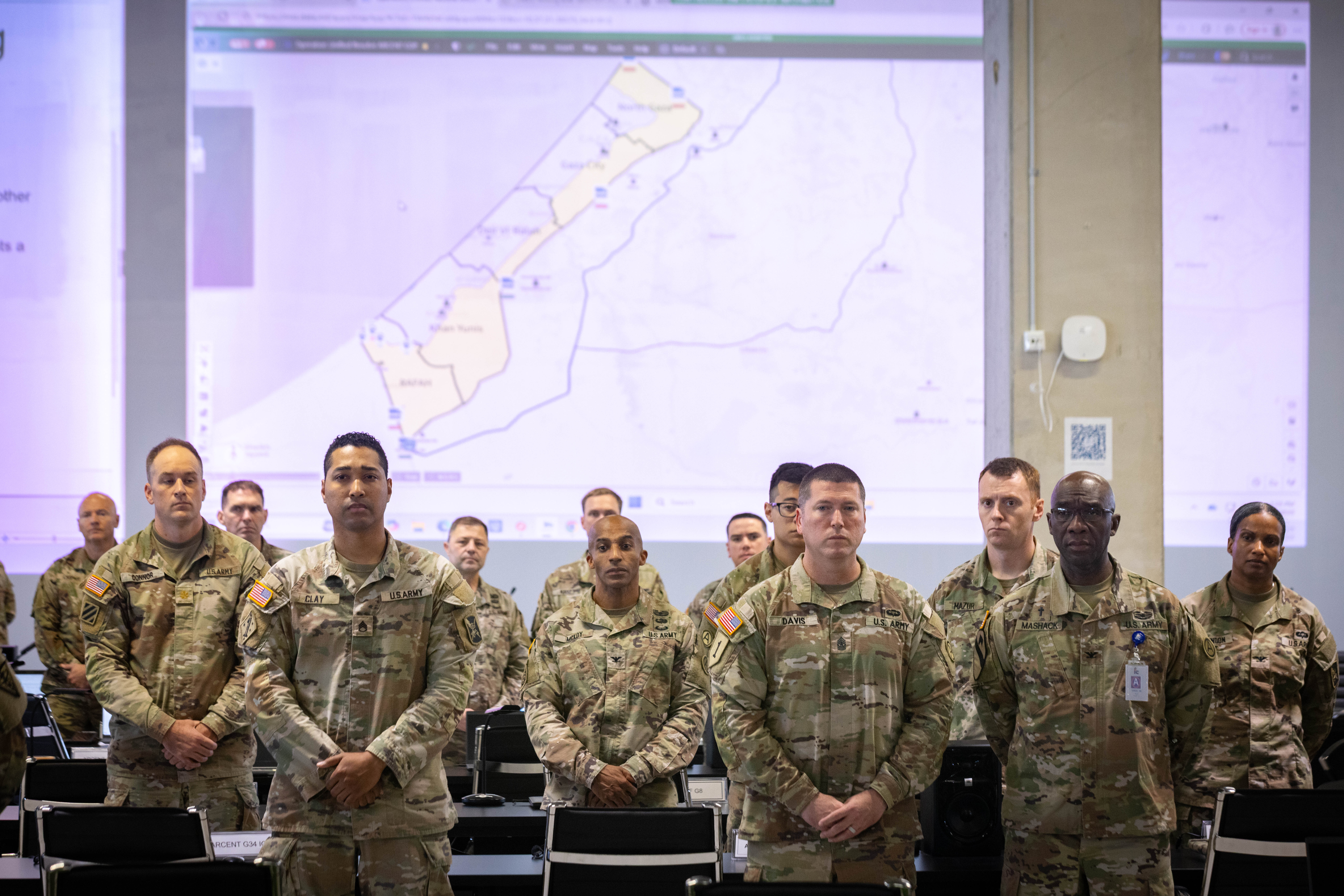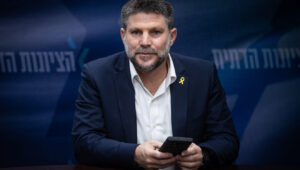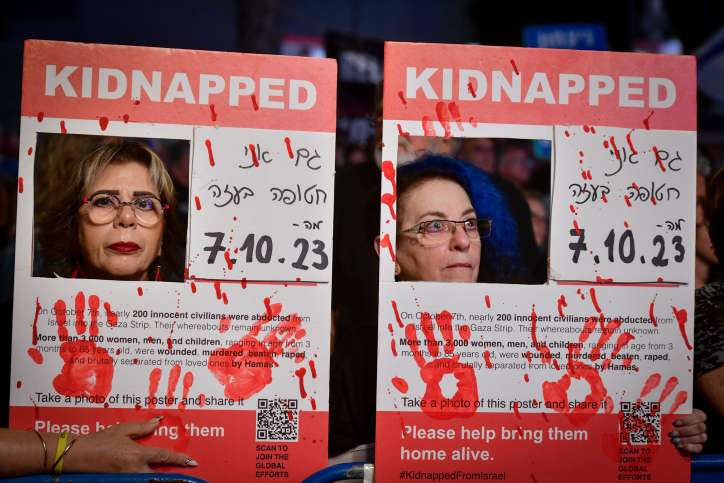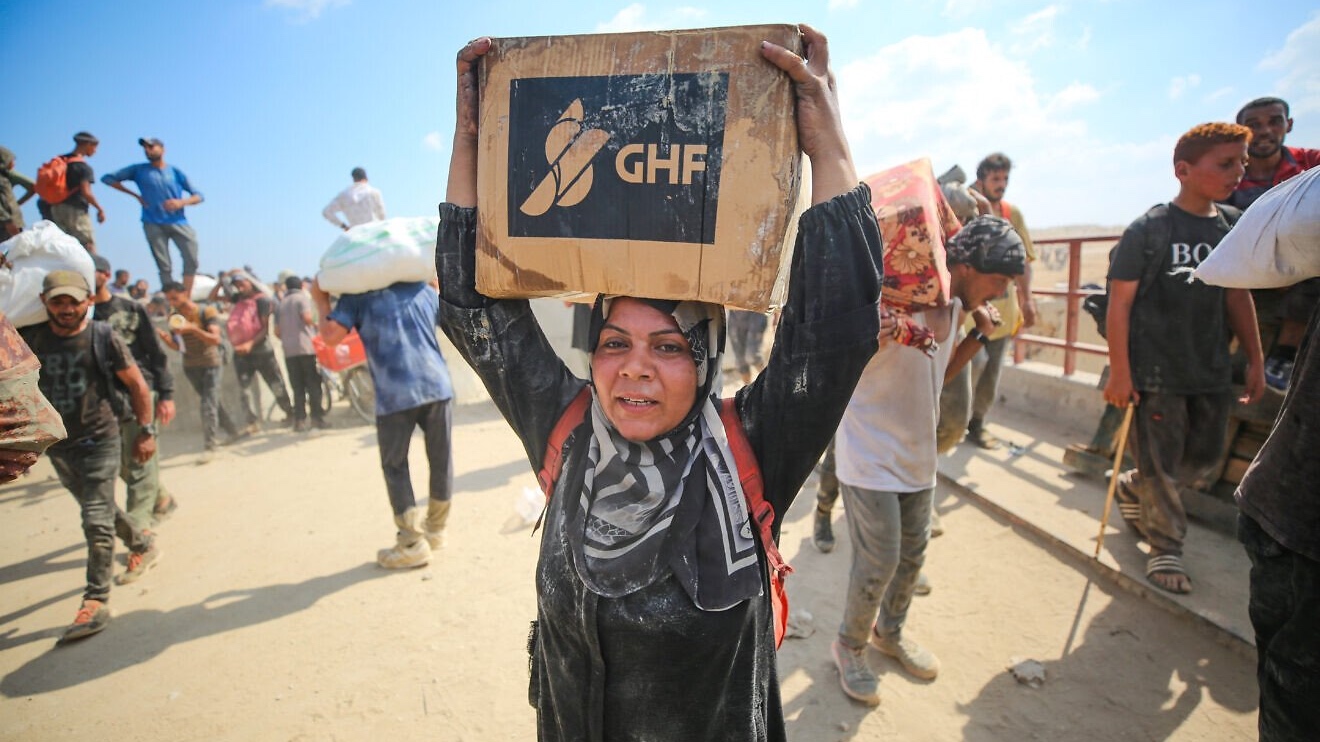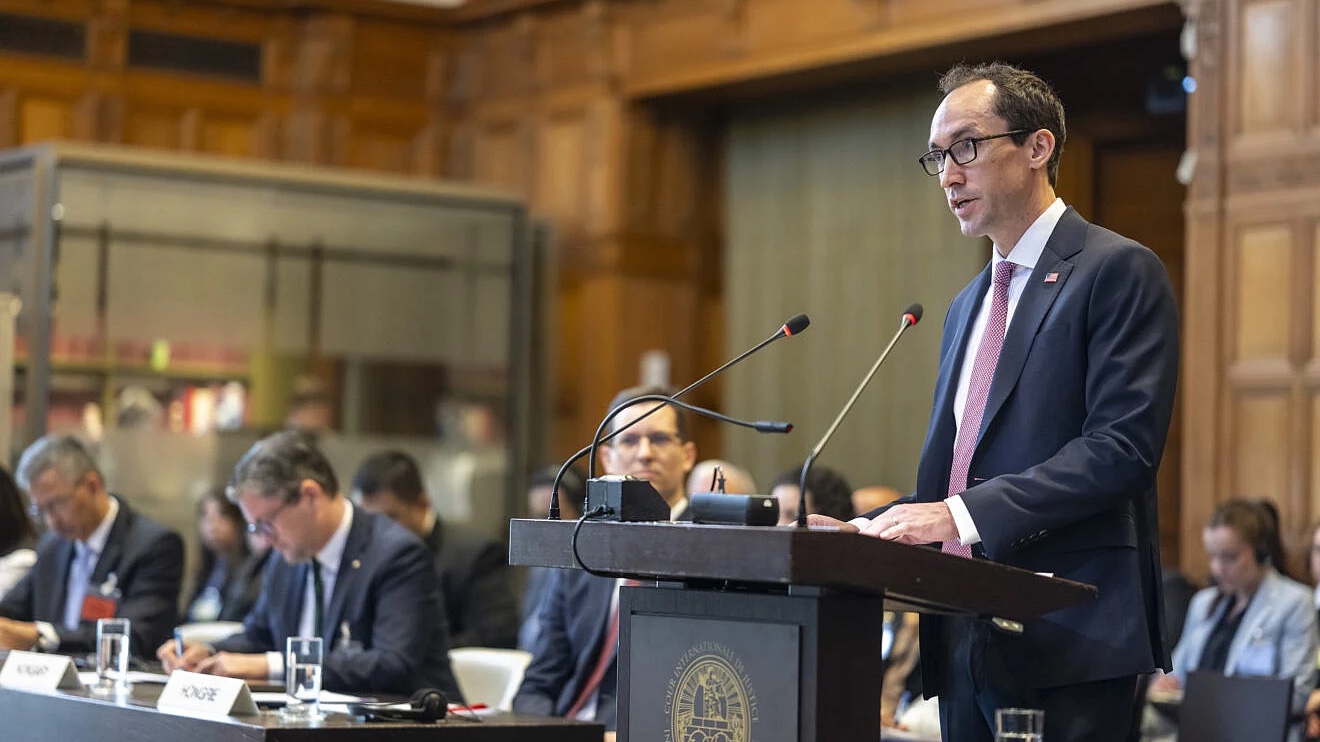The Civil-Military Coordination Center (CMCC) houses hundreds of personnel. The three-story structure includes a first floor designated as for Israeli security personnel only (a secure area for officials from the IDF, Foreign Ministry, Mossad and Shin Bet).
While the third floor is for U.S. personnel only, the second floor is a joint working hub where Israelis, Americans and representatives from other partner nations work side-by-side. The partners include Germany, Spain, Denmark, Britain, Canada, Italy and France, alongside international bodies such as the United Nations and various humanitarian aid organizations.
The goal of the CMCC is to provide solutions to rebuilding Gaza and ensuring its demilitarization, including that Hamas is disarmed. The Israeli section’s purpose is to ensure that Israeli military and diplomatic interests are factored into the considerations.
Israel reserves its right to take action to neutralize threats without any prior consultation, as it did on Saturday in an airstrike that eliminated a Palestinian Islamic Jihad terror operative in central Gaza who the IDF said was planning to conduct an attack.
The center’s work is divided into six main groups: humanitarian aid, security for forces operating in Gaza, physical infrastructure, including sewage systems, civil infrastructure, such as new health and education systems, joint intelligence, and the formation of an International Stabilization Force (ISF) intended to enter Gaza.
CENTCOM referred JNS to an Oct. 21 statement, which declared the formal opening of the center on Oct. 17, describing the headquarters as supporting “stabilization efforts,” while clarifying that American forces will not deploy to Gaza.
The statement described the CMCC as the “main coordination hub for Gaza assistance,” housing approximately 200 U.S. service members under Lt. Gen. Patrick Frank, commander of the U.S. Army in Central Command (U.S. Army Central).
The CMCC will “monitor implementation of the ceasefire agreement,” said CENTCOM. Its commander, Adm. Brad Cooper, stated that “bringing together stakeholders who share the goal of successful stabilization in Gaza is essential for a peaceful transition.”
Col. (res.) Moshe Elad, one of the founders of security coordination between the IDF and the P.A. and a former Israeli military governor in Jenin, Bethlehem and Tyre in Lebanon, described the center, formed in the context of Trump’s 20-point plan, as a “step of a unique and complex nature, strategically and operationally.”
Elad noted that the center does offer advantages to Israel. “Israel receives ‘part of the work’—implementation of a sequence of aid, infrastructure, international supervision—which reduces parts of the day-to-day management and infrastructure [demands] from it in the possible transformation of Gaza,” he stated.
Elad added that the center serves as a bridge to the international community and helps transition from active war to stabilization.
“This is an unusual step in that the center was established within Israel,” he said. “U.S.-Israel cooperation is usually within the framework of military coalitions, intelligence exchanges, training, assistance—but here we are talking about a regional monitoring and rehabilitation body located in Israel.”
However, Elad also highlighted risks, stating that such a center, which houses American and international teams in Israel and focuses operational-logistical decisions in relation to Gaza, may be perceived by the Israeli public as a certain waiver by Israel of its independence of action.
“There is a risk that the public or some of the parties in Israel will see it as an entry of an external factor into the decision-making process,” he cautioned.
If the center or the truce agreement do not lead to substantial results, like the release of all deceased captives, or a stable Gazan government, it will face substantial criticism in Israel, said Elad.”
Israel must ensure that during the time that the CMCC is active, it will not erode Israel’s own ability to act independently or to resume the combat if necessary,” he added. Doing so is critical for ensuring that the region does not come to view Israel as “less a strategic partner and more a player entering a maneuver coordinated with the U.S. this could harm the possibility of regional strengthening [of Israel’s status] or future normalization agreements.”
Col. (res.) Michael Milshtein, head of the Palestinian Studies Forum at the Moshe Dayan Center for Middle Eastern and African Studies at Tel Aviv University and a former head of the Department for Palestinian Affairs in IDF Military Intelligence, characterized the center as a watershed moment.
“The CMCC venture is an unprecedented event in the history of the conflict and one of the most dramatic expressions of the American administration’s involvement in the Israeli-Palestinian conflict. Nothing like this has ever happened,” Milshtein told JNS.
“Strategically, and here one must be honest, there is a pushing aside of Israel and a certain limitation of its room for action. The Americans are moving forward and serving as the strategic designers of the day after in Gaza, while controlling all military and civilian operations,” he said.
Milshtein assessed that the meaning for Israel is a “need for approval for every military move, which of course limits freedom of action,” noting that the U.S. has welcomed Qatari and Turkish influence, while deciding to continue transferring aid despite truce violations by Hamas.
Milstein argued that this trend, possibly in the near future, could lead to “some compromise regarding disarmament, even if it does not meet Israel’s criteria.”
He added that there are growing numbers of reports that the U.S. is also moving to take over the civilian aspects of Gaza management.


